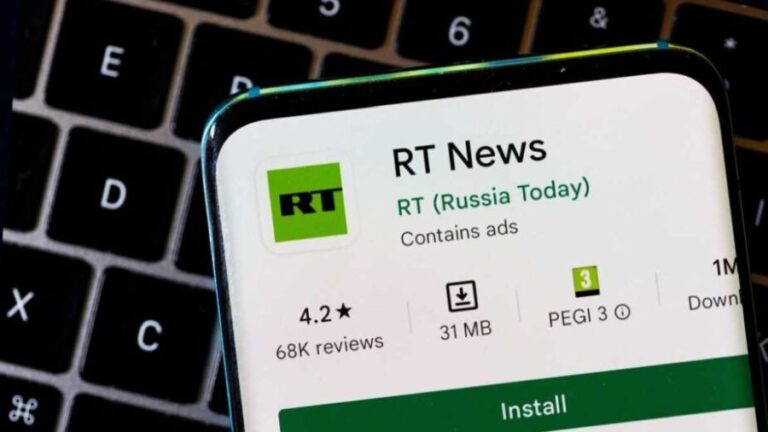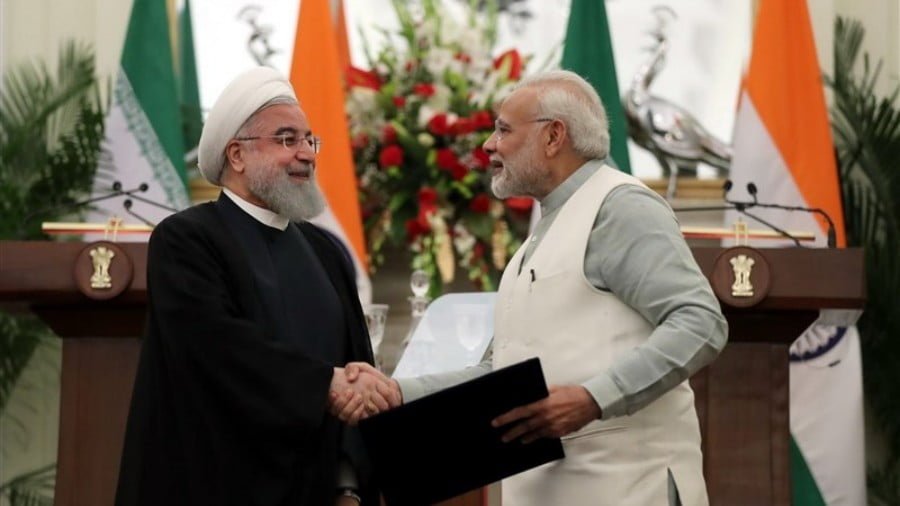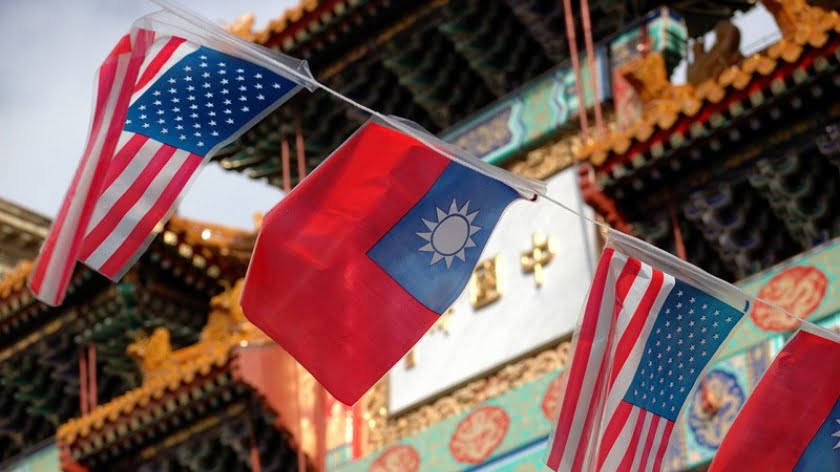Trump Against the Pentagon? Possible Shifting of White House Alliances
The line from James Mattis that seemed to stand out the most was “Because you have the right to have a Secretary of Defense whose views are better aligned with yours on these and other subjects, I believe it is right for me to step down from my position.”
Mattis spent the prior paragraphs of his resignation letter describing the threats of terrorism, the importance of US military alliances, and the perceived danger of Russia and China. He then dropped the subtly worded bombshell sentence, indicating that Trump did not share these views which are considered to be the standard perspective of the global situation by US mainstream media.
The Mattis resignation coincided with the announced withdrawal of US troops from Syria and Afghanistan. Mattis is reported to have disagreed with the President’s decision. Shortly after the resignation, Trump visited US troops in Iraq and infuriated the military by signing “Make America Great Again” hats and announcing, falsely, that he had increased the troop’s pay by 10%.
The mainstream of American politics went into overdrive denouncing Trump for “giving a huge gift to Putin” and “abandoning the women” of Afghanistan. US Senator Lindsey Graham said “The only reason they’re not dancing in the aisles in Tehran and ISIS camps is they don’t believe in dancing.” Those who are familiar with contemporary US history should realize that Trump seems to be in an increasingly dangerous position as he has apparently earned the scorn of the Pentagon brass.
The struggle between the elected President as “commander-in-chief” of the US military and its uniformed brass is quite longstanding. Abraham Lincoln famously fired General George McLellan with the historic rebuff “If General McClellan does not want to use the Army, I would like to borrow it for a time.” Truman fired General Douglas Macarthur for threatening to drop atomic bombs on China without Presidential authorization.
The Pentagon and the Presidency
John F. Kennedy’s assassination can be widely interpreted in the context of a rivalry between the intelligence community and the Pentagon. Kennedy refused to send in the US military into Cuba after the failure of the Bay of Pigs invasion by exiled anti-Communists. Kennedy refused to escalate the Vietnam War and increasingly argued that the best way to defeat Communism was with a foreign policy of good will and charity. After Kennedy’s assassination his successor, Lyndon Johnson, did indeed escalate the Vietnam War, and eventually resigned as the war became unpopular.
While Jimmy Carter’s presidency is remembered as an era of Peace, it was also an era in which the intelligence agencies had the upper hand. With the United States public still traumatized by the Vietnam War, Carter presented a liberal, nearly pacifist image. However, Carter called openly himself a student of Zbeignew Brzezinski, the mastermind anti-communist who worked with the CIA to foment protest among the eastern bloc intellegensia and pioneered the use of Wahabbi terrorists as proxy fighters in Afghanistan.
Carter was loved by Langley, but hated in the Pentagon. The US Senate blocked Carter from ratifying the Strategic Arms Limitation Talks 2 agreement of 1979, with retired Generals and military linked voices in the media denouncing him as “soft.” Carter was also accused of having “lost” Iran after the victory of the 1979 Islamic Revolution.
The Pentagon loathed Carter’s soft-power approach and seemed almost unanimously behind Ronald Reagan who trounced him in the 1980 election. Reagan raised military spending. According to the Washington Post: “Reagan came along and brought…. an infusion of money. Defense spending hit a peak of $456.5 billion in 1987 (in projected 2005 dollars), compared with $325.1 billion in 1980 and $339.6 million in 1981, according to the Center for Strategic and Budgetary Assessments. Most of the increase was for procurement and research and development programs. The procurement budget leapt to $147.3 billion from $71.2 billion in 1980.”
Trump: On The Outs With Both Intel & the Generals?
The mutual distrust between Trump and the intelligence agencies has been apparent from early on. The media largely credits intel agencies with the steady stream of leaks to the media. Trump’s speech to the CIA shortly after taking office was described by New Yorker magazine as a “vainglorious affront.”
Trump echoed the Pentagon’s mantra of “Peace Through Strength” on the campaign trail. He raised military spending, and even let the Pentagon utilize the largest non-nuclear explosive device, the infamous MOAB, in Afghanistan. Trump arranged for Saudi Arabia to increase its purchases from US military contractors.
In the old feud between intel agencies and the Pentagon, Trump seemed solidly with the Pentagon. But in December, a series of bizarre tweets criticizing US military spending were apparently foreshadowing the withdrawal of forces from Syria and Afghanistan. With Mattis out, and Trump’s Iraqi holiday visit widely criticized, it now appears Trump is on the outs with the US military.
One particular passage from Mattis resignation letter is striking:
“It is clear that China and Russia, for example, want to shape a world consistent with their authoritarian model – gaining veto authority over other nations’ economic, diplomatic, and security decisions – to promote their own interests at the expense of their neighbors, America and our allies. That is why we must use all the tools of American power to provide for the common defense.”
This statement is loaded with hypocrisy and projection. Russia and China are rather loose and free societies compared to many US-aligned regimes such as Saudi Arabia or South Korea. Meanwhile, both Russia and China have been working to develop and eradicate poverty in neighboring countries. The Eurasian Economic Union and the One Belt, One Road initiative have involved massive spending by Russia and China to stabilize and raise living standards in nearby countries, not “promote their own interests” at their “expense.”
However, the structure of Mattis’ letter seems to indicate on some level that Trump does not agree with his assessment, and perhaps has another view of Russia and China and their role in the world.
This raises many questions, not just about what kind of conversations are taking place behind closed doors within the White House, but what the future of the current administration will be. After all, the US military and those who manufacture its weapons and tools are an extremely powerful constituency.
By Caleb Maupin
Source: New Eastern Outlook







